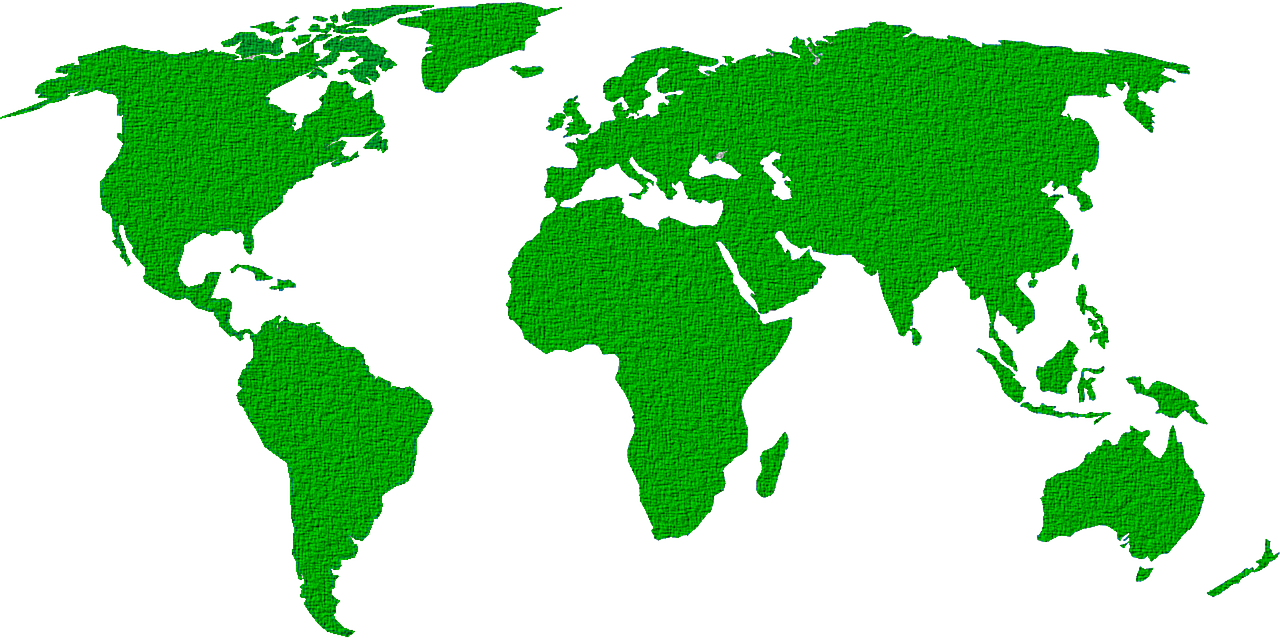
The U.S. Supreme Court ruled last week that President Obama’s climate change initiative should be stayed while the courts hear litigation related to the sweeping regulations. The Court’s decision was issued as a response to a petition filed by twenty-seven states and industry representatives requesting the temporary suspension of the environmental reform plans. The federal appeals court had previously denied the petition. The Supreme Court’s decision prevents the Environmental Protection Agency (EPA) from mandating that all states finalize proposals for significant reductions in carbon pollution by September in accordance with President Obama’s carbon emissions reduction plan.
The petitioning states, mostly Republican dominated, filed an appeal at the end of January claiming that the Clean Air Act does not sanction the regulatory scheme for climate change that the current administration is seeking to implement. Thus, the EPA does not have the authority to enforce such regulations. The challenged legislation mandates that states reduce greenhouse gas emissions by electric power plants, thereby reducing emissions by one-third by 2030 from a 2005 baseline. The restrictions under the “Clean Power Plan” would force states to close their coal-burning power plants and turn to wind and solar power energy sources.
The Court order could hamper the implementation of Obama’s climate change reform for some time since the challenges must have an opportunity to be heard all the way through to the Supreme Court. Moreover, the Supreme Court’s 5-4 vote to suspend the environmental regulations may signify difficulties ahead for the passage of the legislation on a substantive level. This is the first time in history that the Supreme Court has granted an application to stay a regulation prior to review by a federal appeals court.
The Supreme Court’s actions may also have widespread consequences for the viability of the international environmental pact to which the United States has pledged its commitment. As part of the deal that was negotiated in Paris last December, every country is obligated to adopt measures to lower its emissions output. It remains to be seen how judicial review of the legislation will impact the role of the United States in this global initiative.
Contact Shane Coons at 949-333-0900 or visit his website at www.ShaneCoonsLaw.com to find out more about his practice.
